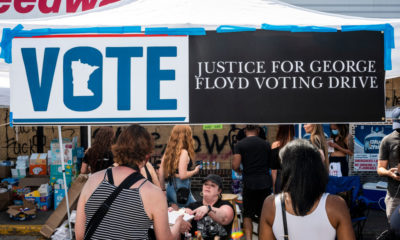
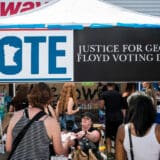
What impact could 34 million poor nonvoters make if they started participating in elections?
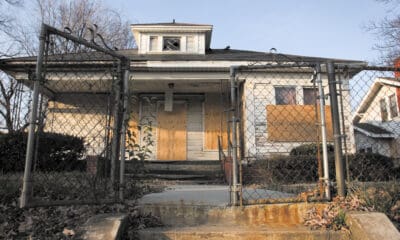
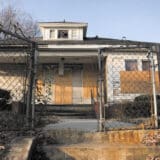
Unlike the rest of the country, North Carolina has seen a surge in the percentage of people living in or near poverty.
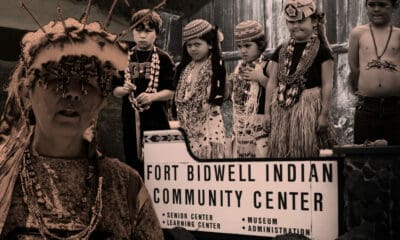
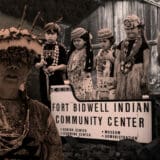
For Indians who are not part of a casino-connected tribe, life on the state’s reservations and rancherias can be a hardscrabble existence.
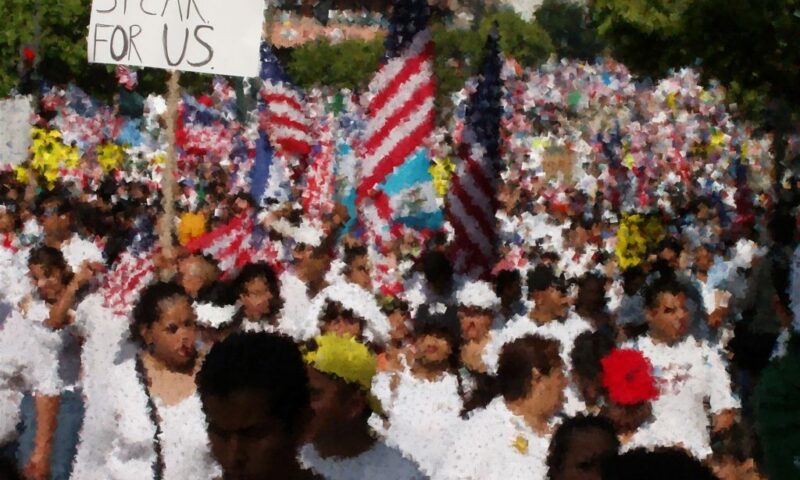
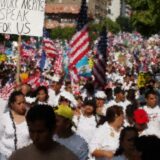
Like most political junkies, I have been so focused on the recent election – national, statewide and local – that I have not been thinking much further. But the vicissitudes of politics always bring me back to the core issues. Once the up and down results are in, I remember again that the electoral process amounts to only a part of what makes a democracy work.
Yes, we must have listening and sympathetic ears among those elected to office. Yes, it helps to have people from the margins brought into the arenas of decision making and sitting in the rooms where deals get made. But without advocates for the issues that matter, however much money gets spent and whoever is elected remains irrelevant.
My loneliest moment as an elected official came about three months into my first term as a member of the Santa Monica City Council. We were deciding on development projects one at a time because we had scrapped the laissez faire rules,
» Read more about: The Heart of the Matter: What Counts After Election Day »
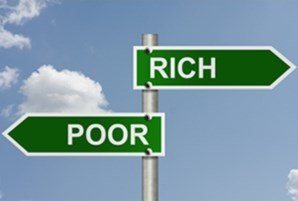
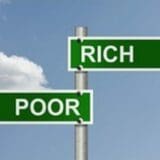
Rich and poor — two sides of the same coin. That “coin” meaning money and how much you have. While Americans seem to love money and idolize those who possess it, having it isn’t so good for you. That’s right. Not only does money not buy happiness, it can be downright hurtful to those who are rich, as well as the rest of us.
For years I have noticed that BMW drivers tend to cut people off and generally drive with an attitude of arrogance toward others. Now some recent studies demonstrate that I am not just seeing things. People with more expensive cars drive as though they’re entitled to cut people off at intersections or whip by on the right.
The rich also prefer to play and work alone – distancing themselves from others. But you don’t have to actually be rich to act like that.

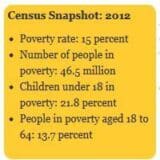
Recovery?
What recovery? The economic outlook may have picked up for some Americans, but not for those in the bottom income brackets – and especially children — according to figures released by the U.S. Census Bureau on Tuesday.
In fact, there were nearly seven million more people living in poverty in 2012 than there were in 2008, the beginning of the Great Recession.
Overall, 46.5 million people were living at or below the poverty line last year, according to the agency’s major annual report on the issue, the Current Population Survey. And more than one-fifth of children, or 16 million youth, were living in poverty, the survey showed.
“They are still the age group suffering the most poverty,” Deborah Weinstein, executive director of the Coalition on Human Needs, said in a statement.
It was the 11th year in the last 12 that poverty “worsened or failed to improve,” according to the Center on Budget and Policy Priorities.

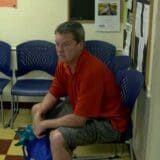
The Line, whose trailer appears here, is Emmy Award-winning producer Linda Midgett’s 44-minute documentary about the many faces of poverty in America. The film examines and explodes prevailing myths about people living below the poverty line, reminding us that most of America’s poor live in its suburbs and not the inner city. To learn more about The Line or to view the entire film, go to this link.

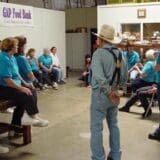
The U.S. Census Bureau released the American Community Survey yesterday, and the broad study of poverty, inequality and youth mobility failed to present strong evidence that the recession has fully subsided. Instead, the study tells a familiar tale of winners and losers in the wake of the recession.
According to the report, poverty increased between 2010 and 2011. NPR reports on the findings:
The number of Americans living in poverty grew to 15.9 percent in 2011. It was 15.3 in 2010. That means that 48.5 million Americans had an income below the poverty level.
Poverty increased by greater margins in the three years prior, but the uptick, however slight, casts real doubt on an economic turnaround. Notably, an additional 2.3 million would have fallen into poverty without 2011′s extended unemployment benefits, and the poverty rolls could expand as jobless benefits expire.
In addition,
» Read more about: Recession Still Very Real for Americans »


In 15 days, food stamp benefits will be cut by some 20 percent, thanks to Republicans in Congress who tossed this mean-spirited gem into one of GOP’s hostage bills that President Obama was forced to sign because a veto would result in the government shutting down, or the US reneging on its bills, or something equally destructive.
On October 1, millions will see their benefits stripped away or cut greatly.
Most unemployed people will get cut off. Many working poor, who rely on food stamps to make ends meet, will go hungry. So, too, will countless military families – a separate disgrace in and of itself. Far too many homeless families and individuals will find their chair at the dinner table yanked away just as they are sitting down to eat, a sight gag that hasn’t been funny since it was pulled on Fatty Arbuckle in some of his movies back in the Twenties.
» Read more about: Food Stamp Cuts on the Line in Congress »